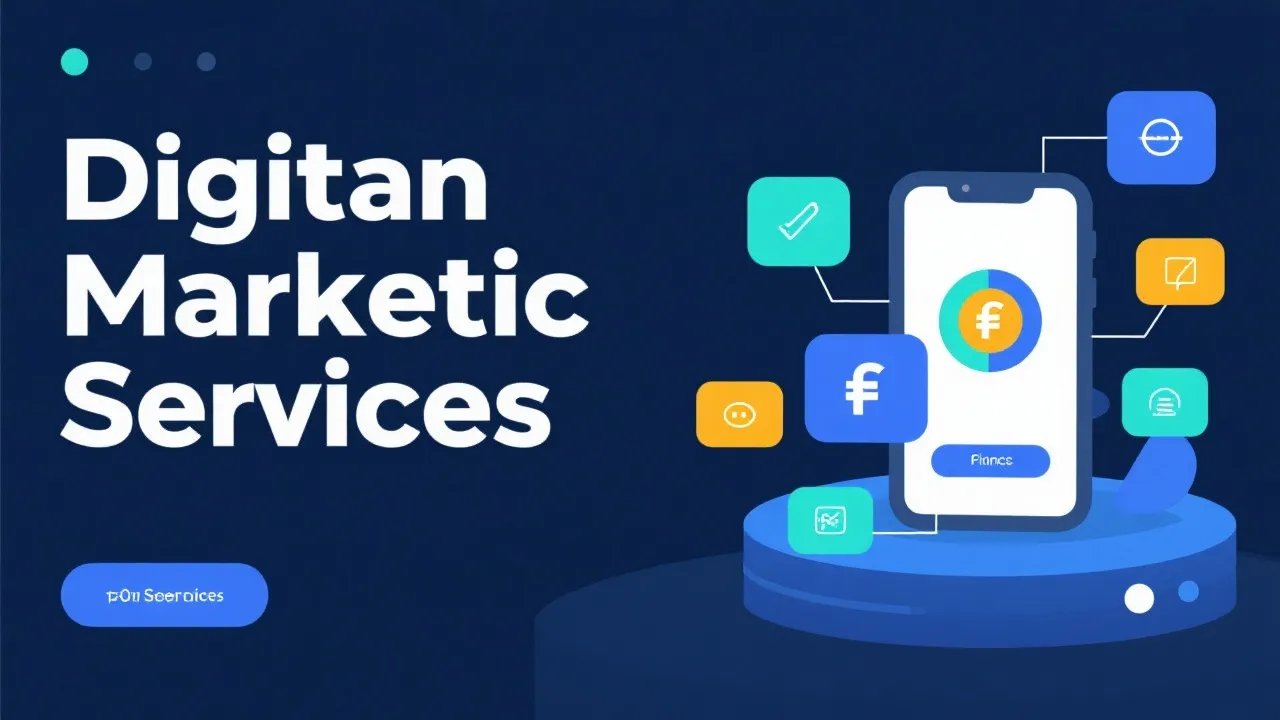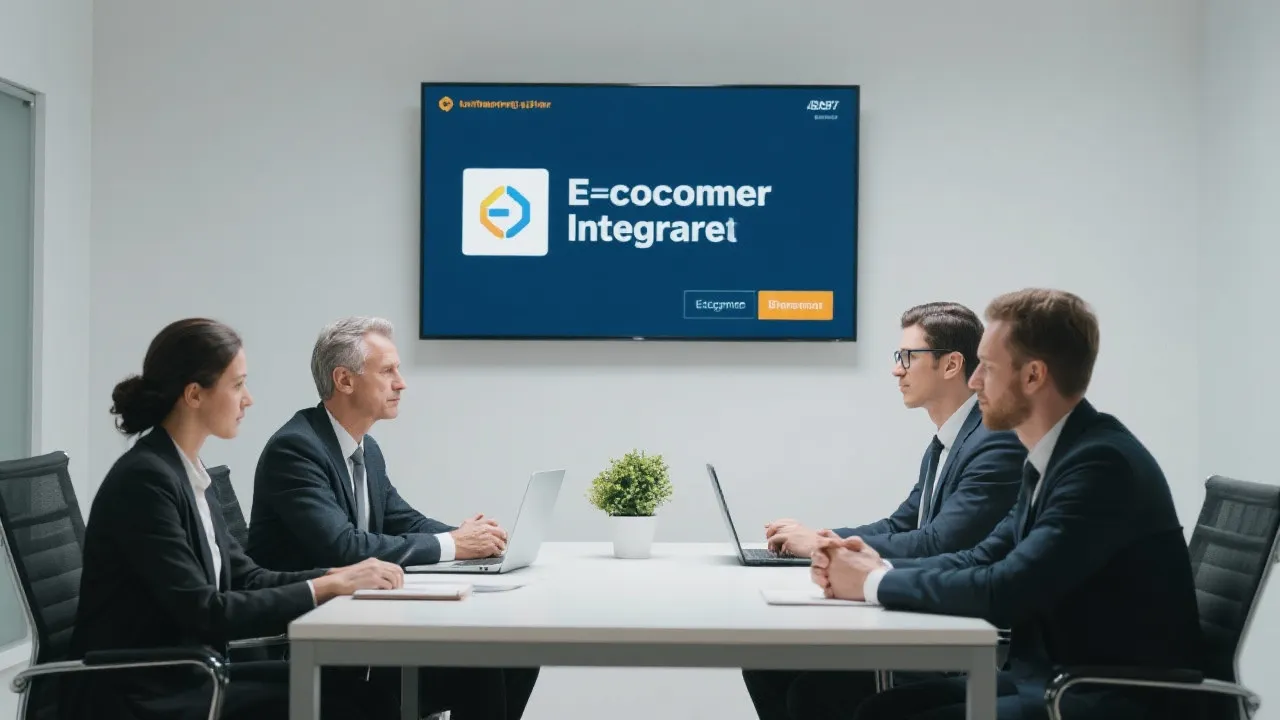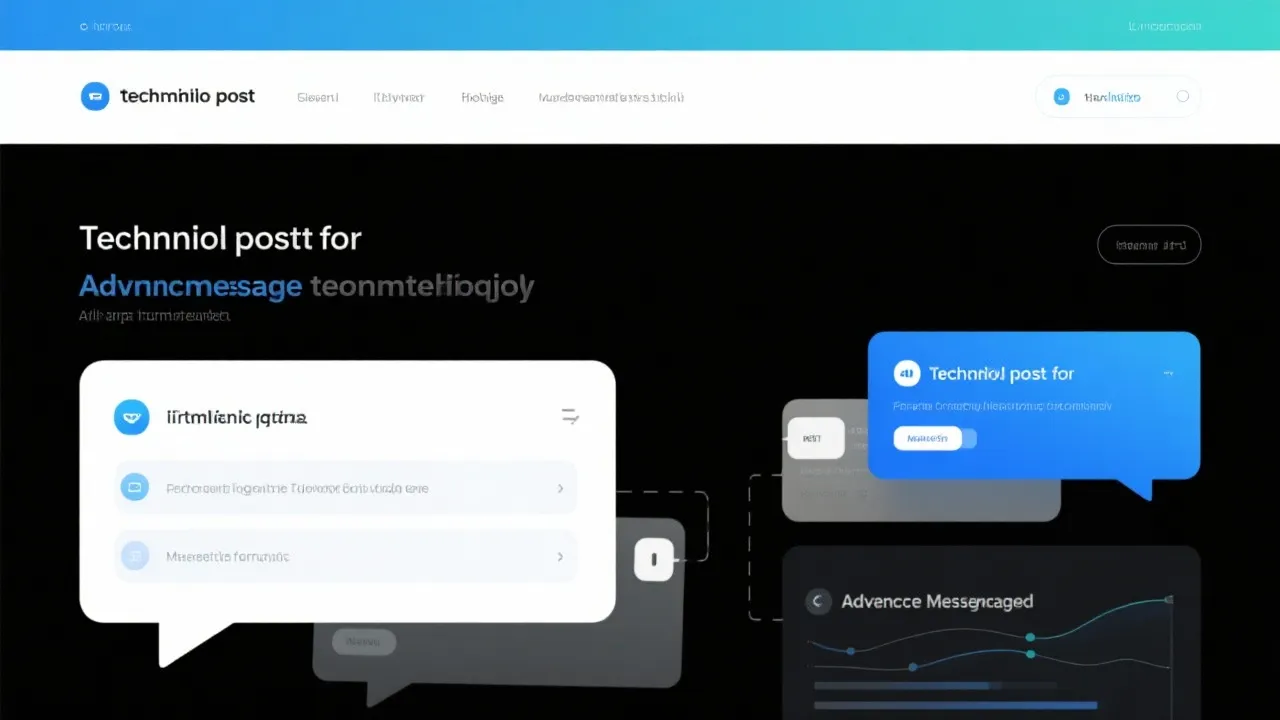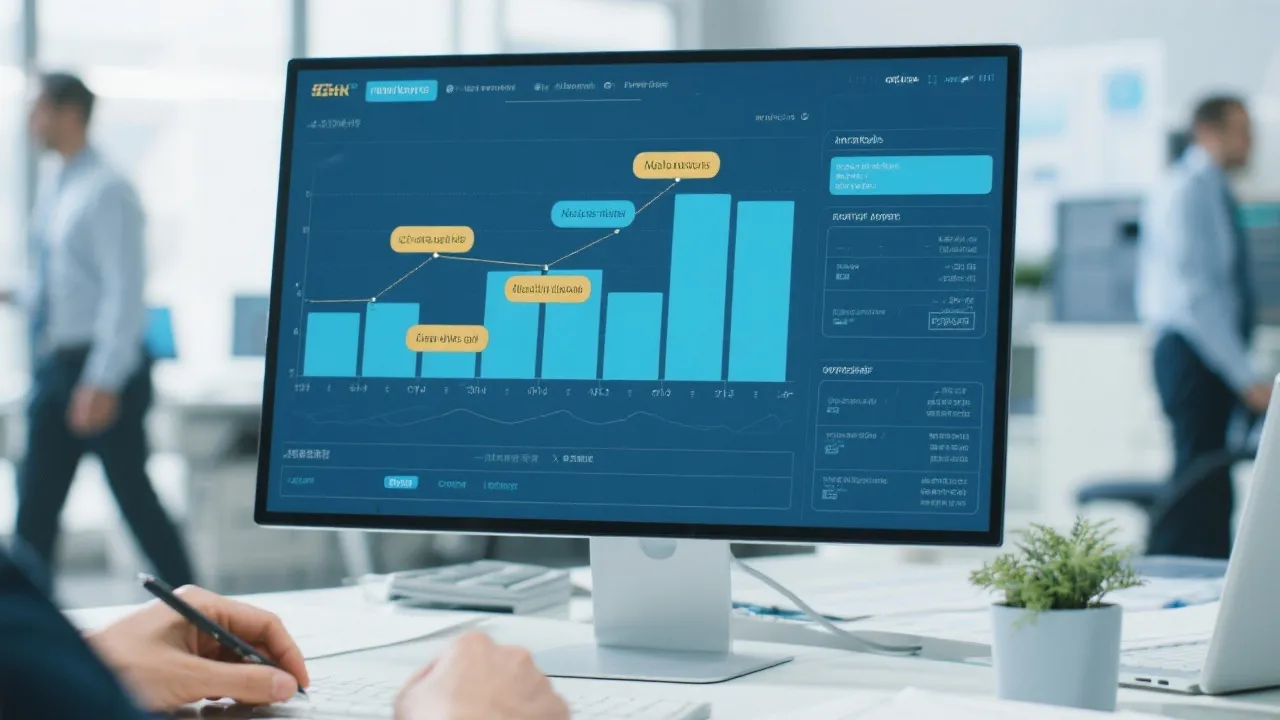Token Morpho is a remarkable concept in the blockchain and cryptocurrency space, exploring the dynamic transformation of digital tokens within decentralized ecosystems. By enabling tokens to morph, it introduces innovative possibilities in finance, governance, and beyond, enhancing the adaptability and functionality of digital assets.

Within the ever-evolving landscape of digital assets, Token Morpho represents a groundbreaking development. This concept centers on the ability of digital tokens to morph or transform within blockchain-based systems, offering a plethora of new possibilities. Whether it's adapting to new network requirements or altering functionally to suit user needs, the role of Token Morpho is integral to the future of cryptocurrencies and decentralized finance. By embracing this technology, developers can create a more agile financial ecosystem that is responsive to market fluctuations, user preferences, and regulatory changes.
In the realm of cryptocurrencies, the ability of tokens to morph reflects a significant shift towards adaptability and versatility. Token Morpho highlights the dynamic nature of digital assets that transition from one function or structure to another, meeting various ecosystem or market demands. This adaptability ensures these tokens can thrive in an otherwise volatile and unpredictable market. By allowing tokens to change roles—such as shifting from a utility token to a governance token—users experience benefits that extend beyond mere financial transactions, fostering deeper involvement in the governance of their chosen platforms.
Furthermore, Token Morpho introduces a spectrum of variations in how tokens can perform—a single token can serve different purposes at different times, creating a more streamlined user experience as well as potential cost savings on transaction fees. This morphism can align closely with the advent of technologies such as Artificial Intelligence, which can offer data-driven insights into user behavior, thereby influencing how tokens can morph to serve those needs most effectively.
Token Morphology enables several strategic advances: enhanced liquidity, optimized governance, and customized financial instruments. For instance, tokens can morph to provide different utility functions, catering to specific user groups without launching new tokens, thereby conserving blockchain resources and maintaining ecosystem stability. This morphing functionality paves the way for creating niche investment opportunities within the same token, reducing market fragmentation and promoting higher liquidity.
Moreover, these advances create room for innovative derivatives and asset management products that further allow users to hedge positions or speculate with reduced risk. Functionality can seamlessly shift according to market conditions, granting investors the oversight and adaptability that are crucial during periods of high volatility or uncertainty. This paves the way for a more dynamic approach to managing digital assets, contrasting sharply with more traditional methods, where assets have fixed roles and limited adaptability.
For users, Token Morpho translates into improved asset utility and increased value. Consumers can leverage tokens that adapt to provide optimal benefits, such as staking rewards or governance rights, depending on the evolving needs. This flexibility augments user engagement and attracts a broader spectrum of stakeholders. With an adaptable token, users may find themselves more inclined to hold onto their assets rather than trading them for others, fostering a stable investment environment where users feel a lasting connection to their chosen platforms.
In addition, the concept of morphing tokens nurtures community-driven participation. Users may actively contribute to the governance of token functionality, promoting a democratic approach that can enhance overall satisfaction and commitment to the platform. For example, in a decentralized network focusing on renewable energy, a token could morph to grant voting rights on future projects or amendments to the energy-sharing protocol based on the holder's stake and current market conditions, allowing for real-time engagement with ongoing developments.
Implementing Token Morpho technology requires robust smart contracts and advanced blockchain protocols. These elements ensure that the morphing process is secure, efficient, and transparent to all network participants. Smart contracts serve as self-executing agreements that dictate the terms of a token's transformation based on predefined criteria. By leveraging on-chain governance, users have trust in the system, as all transactions are recorded immutably on the blockchain.
Additionally, using decentralized networks ensures that token transformations are immutable and resistant to central authority interventions. Each morphing event is verified and validated by the consensus of the network members, significantly reducing the risk of fraud or manipulation. With systems continuously evolving, the integration of cutting-edge technologies like Layer-2 solutions can facilitate faster transactions and lower fees during the morphing processes, making it economical for users to engage with diverse functionalities within their digital assets.
Moreover, Token Morpho can interface with emerging technologies such as artificial intelligence and machine learning to further enhance the usability and responsiveness of the tokens. By predicting user needs based on interactions and behavioral analysis, systems can adapt accordingly, offering customized features in real time. This integration elevates the potential for tokens to not just respond to user demand, but to anticipate it, creating an immersive and engaging user experience.
Despite its potential, the widespread adoption of Token Morpho technology is not without challenges. Key concerns include technical barriers, security vulnerabilities, and regulatory implications. Ensuring robust security measures and addressing compliance issues are critical to fostering trust among users and regulators alike. For developers, creating adaptable tokens demands sophisticated coding expertise and the implementation of future-proof systems that can accommodate both changes in technology and user needs.
Additionally, the blockchain space is still maturing, and many developers face education gaps regarding these innovative concepts. This knowledge gap can prove detrimental in designing safety protocols or choosing suitable frameworks, leading to unforeseen vulnerabilities. Regular security audits and updates are indispensable components of a successful Token Morpho strategy, along with ongoing education for developers and users alike.
The regulatory environment poses another challenge, as governments across the globe grapple with how to classify and govern these types of adaptable assets. The lack of clear legal frameworks may deter investors and users from fully engaging with morphing tokens, stifling innovation. Engaging policymakers in dialogue can foster a more conducive regulatory environment that appreciates innovation while safeguarding the interests of all stakeholders involved.
| Feature | Token Morpho | Traditional Tokens |
|---|---|---|
| Functionality | Multi-functional and adjustable | Static and single-purpose |
| Flexibility | Highly flexible and user-driven | Fixed and predefined |
| Resource Efficiency | Reduces need for new token creation | Often requires new tokens for new functions |
| Investor Engagement | Higher engagement through user-driven governance | Limited participation opportunities |
| Volatility Management | Can mitigate risks via dynamic adaptability | Fixed role increases susceptibility to market changes |
The growing demand for DeFi solutions, increased interest in non-fungible tokens (NFTs), and the rise of decentralized autonomous organizations (DAOs) are shaping the future of Token Morpho. Such trends highlight the increasing need for tokens that can adapt to various use cases and evolving market demands. With each of these developments, there comes an opportunity for token morphing to fulfill unique roles tailored to specific user needs.
For instance, within the NFT space, Token Morpho principles could enable an artwork token to morph from being a fixed collector's item into an interactive stake in a creative project, allowing for profit-sharing as new developments transpire. Such functionalities deepen engagement from the collector's perspective, creating a more vibrant ecosystem around art and culture.
Moreover, the integration of DAOs places an increased emphasis on community governance, where Token Morpho can facilitate real-time voting or proposals based on the collective needs of the community. This responsiveness aligns closely with the principles of decentralization and collective decision-making that are at the heart of DAO-functioning systems.
As technological advancements continue to shape the blockchain landscape, we may soon see new deployment methods for morphing tokens within metaverse platforms, where tokens can take on various roles within virtual worlds and applications. Explorations into interoperability between various blockchains may also provide further avenues for the implementation of Token Morpho, allowing users to migrate capabilities across networks, enhancing both demand and usability.
The next decade could see Token Morpho technology fundamentally transforming the landscape of digital assets. As blockchain ecosystems continue to expand, the role of adaptable and multifunctional tokens will become increasingly significant, paving the way for more dynamic and user-centric financial systems. The evolution of Token Morpho could lead to a landscape where financial products are personalized at an unprecedented scale, offering tailored solutions for every investor's unique profile.
Furthermore, this shift toward adaptability may encourage a broader acceptance of cryptocurrencies by institutional players who require the flexibility to navigate complex regulatory frameworks and diverse market conditions. The allure of adaptive assets could entice diverse demographics—ranging from casual investors to seasoned financial institutions—promoting deeper market liquidity and stability.
As Token Morpho gains traction, it will likely inspire a new wave of innovation in the blockchain space, pushing developers to explore untapped potential and create more responsive financial systems. The notion of highly adaptable tokens could very well redefine how users interact with digital assets—creating not just investment tools, but holistic ecosystems that cater to the evolving financial needs of individuals and communities alike. Eventual synergies between Token Morpho and emerging technologies such as augmented reality (AR) and virtual reality (VR) could lead to entirely new paradigms of digital asset interaction, ushering in an era of unprecedented utility and creativity.
Navigating Online Bank Accounts

Understanding AC 380 Systems

Discovering the Tiguan's Versatility

Integrating Usaepay with WooCommerce

Understanding BA 270 Concepts

Understanding AMQ 6209 in Detail

Understanding Hydac RF Filtration Systems

Understanding the BA 270 Course

Navigating the Realm of Business Communication
